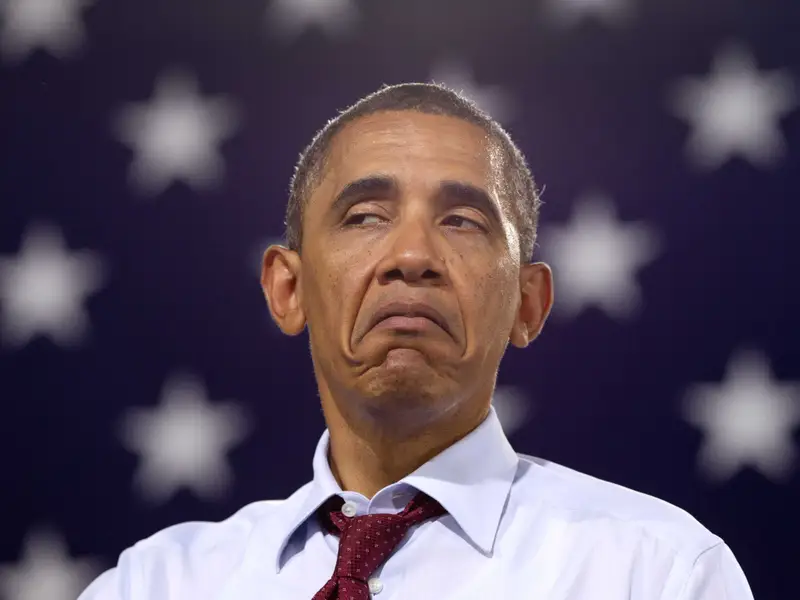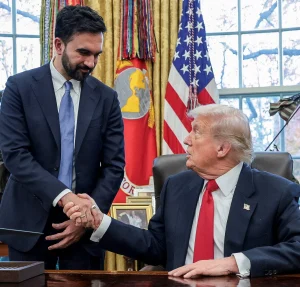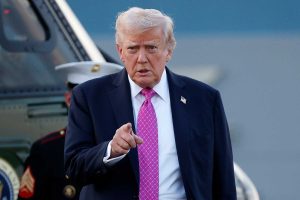In a low-key meeting tucked away in a familiar Capitol Hill townhouse, a former national leader returned to the political stage in a role he has grown increasingly comfortable occupying: mentor, adviser, and steady hand. The gathering brought together more than thirty newly elected lawmakers, all still adjusting to the rhythms of Washington, trying to find their place in a chamber where experience is currency and uncertainty can swallow enthusiasm whole.
The evening was hosted by one of Congress’ longest-serving members, a figure known for her institutional memory and her talent for nurturing the next wave of leadership. It was moderated by a first-term representative whose rapid rise has already marked her as a voice to watch. Refreshments were simple—soda, water, crackers, a tray of vegetables—and the atmosphere was more like a study group than a political summit. Yet the message delivered there was unmistakably weighty.
The invited guest, a former president well-versed in political turbulence, spoke with a clarity that cut through the fatigue many in the room were feeling. He began not with sweeping rhetoric, but with a confession: that he too had felt discouraged, worn down, and even embattled during his years in office. Washington, he reminded them, has a way of making even the most seasoned public servant feel small.
He spoke of an old habit his chief of staff once established during his administration’s most stressful days—small stickers printed with a simple phrase: fight cynicism. The point was not motivational fluff but a daily reminder that despair, not the opposition party or hostile headlines, is the true enemy of progress. Cynicism, he said, seeps into everything if you let it: your work, your relationships with colleagues, your sense of purpose. And once it takes hold, the battle is already lost.
According to attendees, the room fell quiet. Many of the lawmakers had arrived in Washington during a politically volatile period. They entered office under a divided Congress, under tremendous pressure from activists, donors, constituents—and often their own inner doubts. For them, the message was not theoretical. It was a lifeline.
The former president reflected on his own early days in politics, recalling a moment that many in the room had only read about in history books. Some of the lawmakers had been in elementary school when he gave the convention speech that set his career on a national path. The reminder triggered laughter, but it also served a deeper purpose: to show that even the most iconic figures begin as newcomers, unsure of the path ahead.
But he quickly brought the group back to the larger point. That moment of his national debut, he noted, had unfolded during a time when his party was struggling. The presidential election that year had gone the other way. His party controlled neither chamber of Congress. A powerful senior leader had lost his seat, something previously thought unthinkable. And strategists from the opposite party were publicly predicting a lasting political realignment that would leave their rivals in the wilderness for a generation.
It was, in other words, a moment not unlike the current one—charged with disappointment, frustration, and fears of irrelevance.
Yet, he reminded them, two years later the political tides shifted dramatically. A new Speaker would rise. A wave election would follow. And within four years, the man now standing in front of them—who had once been dismissed as a long-shot—would lead the nation.
The moral, he emphasized, was not that cycles inevitably repeat or that victories arrive magically. The point was that perseverance matters. The work new lawmakers are doing right now—meeting constituents, learning policy details, engaging in local issues, listening more than they speak—lays the groundwork for shifts that are invisible until suddenly they are not.
He encouraged them to value the slow, unglamorous parts of the job: late-night committee reading, unpublicized constituent calls, small coalition-building conversations. These, he insisted, are what create genuine momentum. The public sees the election nights, the televised debates, the dramatic floor votes. But the real transformation happens in quiet moments, inside rooms like the one they were sitting in.
The lawmakers asked questions, and the former president took time with each one. One representative requested advice on managing the emotional demands of major legislative fights. In response, he offered a story from his own experience shepherding a landmark piece of health legislation. He admitted something he has acknowledged only rarely—he had, at the time, overestimated the willingness of his political opponents to collaborate on the bill in good faith. That miscalculation, he said, cost precious months. If he could do it again, he would have recognized the limits of cross-party cooperation sooner and devoted earlier energy to the coalition that was actually prepared to engage.
His candor surprised some in the room. But it also gave them perspective: mistakes are not career-ending unless you fail to learn from them.
Following the formal discussion, the event shifted into a mingling session. One freshman lawmaker stayed behind in the photo line, engaging him briefly about a recent interview that had made waves. According to someone familiar with the moment, he praised her communication style and the clarity of her messaging, affirming that effective public communication is now one of the most essential skills in Washington.
This was not the former president’s only recent engagement with rising figures. Over the past year, he has quietly stepped back into the spotlight, offering strategic advice to emerging leaders, engaging in small-group discussions with candidates and activists, and hosting listening sessions with both longtime allies and political newcomers. He has even reached out directly to individuals preparing for high-stakes races in major states and cities, sometimes calling them personally to talk through strategy or morale.
His influence extends beyond his own former staff and campaign alumni. Many younger lawmakers—some of whom were still in college during his presidency—now look to him as a symbol of a political era they grew up observing. His ability to connect with them across generational gaps is part of what makes these sessions uniquely valuable.
But he is also aware that the political world has evolved since his time in office. Social media pressures are fiercer. Campaign seasons are longer. The fundraising demands are relentless. And the news environment is more fragmented than ever. His role, therefore, is not to lecture but to listen and guide.
He has described this transition—moving from central political figure to seasoned adviser—as a shift “from player to coach.” Those close to him say he embraces it fully. His goal, they say, is simple: to help build a long-term structure, a sustainable political movement that is not reliant on any single personality, including his own. He believes that institutions and parties should be able to endure leadership changes, setbacks, and generational turnover.
This private meeting, like similar ones he has held before, offered a window into how he sees the next stage of his public life. Quiet gatherings. Honest conversations. Strategic reminders that politics is not just about immediacy, but endurance.
For the lawmakers present, the night ended without grand speeches or cameras. They walked back into the Washington evening with no headlines awaiting them—only the memory of a conversation that reframed their frustrations and recharged their sense of purpose.
Cynicism, their speaker had warned them, is the real threat. Not the opposition. Not the polls. Not the noise.
Fight it, he told them.
And through that fight, he insisted, the way forward becomes clearer.

Emily Johnson is a critically acclaimed essayist and novelist known for her thought-provoking works centered on feminism, women’s rights, and modern relationships. Born and raised in Portland, Oregon, Emily grew up with a deep love of books, often spending her afternoons at her local library. She went on to study literature and gender studies at UCLA, where she became deeply involved in activism and began publishing essays in campus journals. Her debut essay collection, Voices Unbound, struck a chord with readers nationwide for its fearless exploration of gender dynamics, identity, and the challenges faced by women in contemporary society. Emily later transitioned into fiction, writing novels that balance compelling storytelling with social commentary. Her protagonists are often strong, multidimensional women navigating love, ambition, and the struggles of everyday life, making her a favorite among readers who crave authentic, relatable narratives. Critics praise her ability to merge personal intimacy with universal themes. Off the page, Emily is an advocate for women in publishing, leading workshops that encourage young female writers to embrace their voices. She lives in Seattle with her partner and two rescue cats, where she continues to write, teach, and inspire a new generation of storytellers.









